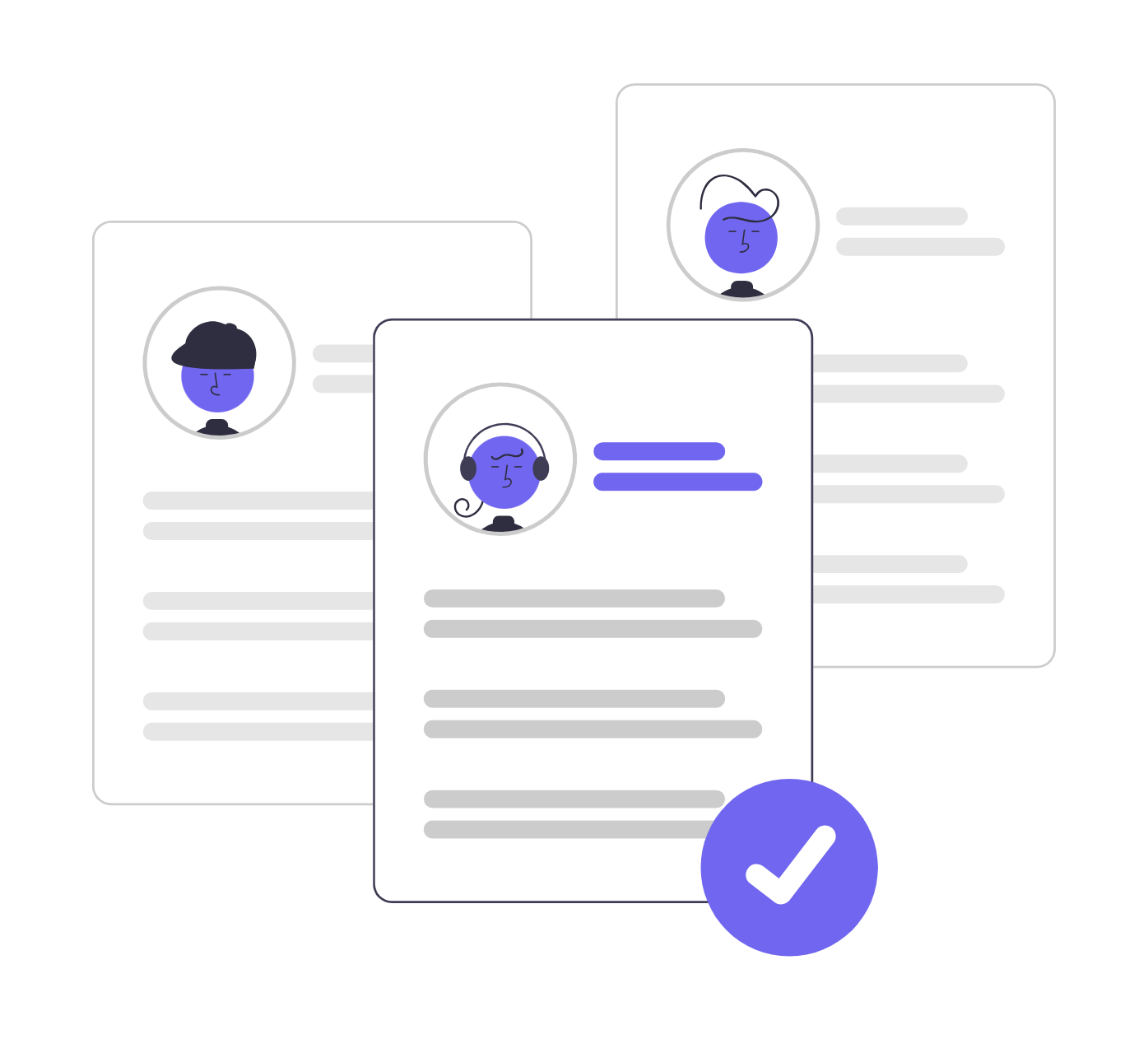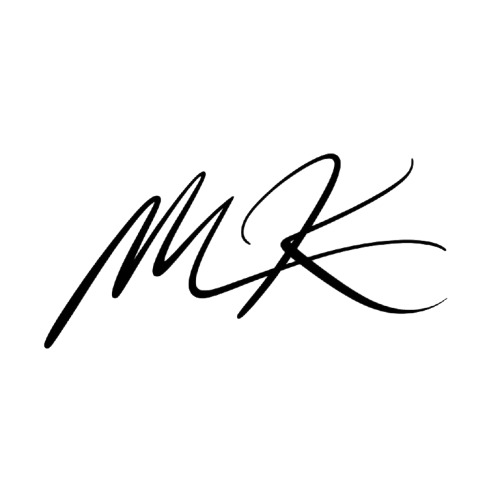Share
AI is transforming recruitment. With promises of faster hiring, better matches, and reduced bias, artificial intelligence seems like the dream solution for overworked recruiters and talent teams.
But beneath the surface, there’s a growing problem: too many organizations are embracing AI without fully understanding its limitations—or the hidden costs it introduces into their hiring process.
In this article, we’ll dive deep into the often-overlooked dangers of AI recruitment and explain why even the most sophisticated tools can do more harm than good if used blindly. If you’re serious about building a high-performing team, this is the reality check you need.
1. Bias Isn’t Eliminated—It’s Just Automated
One of AI’s biggest selling points in hiring is that it can “remove human bias.” In theory, this makes sense. An algorithm doesn’t care about gender, race, or age. But in reality, AI is only as fair as the data it’s trained on—and that data is almost always biased.
Case in point: Amazon once scrapped its AI hiring tool after it began downgrading resumes that included the word “women” or listed all-women’s colleges. Why? Because the algorithm had been trained on a decade of past hiring data, which skewed heavily male. The result? A machine that learned to replicate and scale gender bias.
Bottom line: AI can reinforce existing inequalities unless it’s continuously audited and trained on diverse, inclusive data. If not, you’re just automating discrimination at scale.
Easily administer one-click skill tests using workscreen. -This way you can Assess candidates based on real-world ability—not just credentials like résumés and past experience. This helps you hire more confidently and holistically.

2. Great Candidates Are Being Filtered Out for the Wrong Reasons
Most AI tools rely heavily on keyword matching. That means if a candidate doesn’t phrase their experience in exactly the right way—or uses alternate terminology—they might be excluded entirely, no matter how qualified they are.
A resume that says “SAP experience” might get rejected if the AI is looking for “CRM,” even though the two may be interchangeable in the role.
Worse still, candidates who know how to game the system (by stuffing keywords into their resume) can rise to the top of the pile—even if they’re a poor fit in reality.
The risk: You’re not just missing the best candidates—you’re advancing the wrong ones.
Eliminate low-effort applicants—including those who use AI Tools to apply, copy-paste answers, or rely on "one-click apply." This way, you focus only on genuine, committed, and high-quality candidates—helping you avoid costly hiring mistakes.

3. AI Can’t Judge Soft Skills, Culture Fit, or Potential
Algorithms can scan for hard skills and experience. But they can’t assess curiosity, adaptability, self-awareness, or cultural fit—qualities that often make the biggest difference between a good hire and a great one.
Imagine hiring someone purely on resume keywords and assessment scores—only to realize they’re disengaged, abrasive, or unwilling to learn. That’s a risk when soft skills and personality never enter the equation.
Here’s the truth: People are rarely fired for lack of hard skills. They’re fired for poor communication, misalignment, or attitude issues—areas where AI falls flat.
4. Candidate Experience Is Suffering
AI may speed up hiring, but it often makes candidates feel like numbers on a spreadsheet. Instant rejections, vague rejection emails, and a total lack of human interaction leave many applicants feeling dehumanized and frustrated.
On platforms like Reddit, candidates regularly share stories of being rejected within minutes of applying—sometimes even on weekends. These automated systems leave no room for nuance or personal feedback.
In a competitive hiring landscape, a poor candidate experience doesn’t just hurt your reputation—it can cause you to lose top-tier talent before you ever speak to them.
5. Over-Reliance on Automation Leads to Lazy Hiring
AI is supposed to save time, not eliminate thinking. But some teams treat it like a set-it-and-forget-it solution. The result? Important decisions get delegated to machines that can’t interpret context, ask probing questions, or sense red flags.
Recruiters report seeing AI rank completely unqualified candidates above truly great ones—all because of keyword matches or formatting quirks.
The takeaway: When humans stop applying critical thinking, AI hiring systems become dangerous, not helpful. Smart automation should augment recruiter judgment, not replace it.
6. AI Tools Lack Transparency (And That’s a Problem)
Most AI hiring systems are “black boxes.” You don’t really know why a candidate was rejected or why one profile ranked higher than another. Even the developers behind these tools can’t always explain their outputs.
This raises both ethical and legal issues. How do you defend your hiring decisions if a rejected candidate challenges them? What if the algorithm turns out to be discriminatory?
Without transparency, recruiters lose control—and candidates lose trust.
7. You’re Not Just Buying AI—You’re Buying Risk
There’s a hidden cost to AI that goes beyond subscription fees.
- Loss of data: Some tools restrict access to your data if you stop paying, locking up historical hiring info.
- Training requirements: Many systems require significant onboarding time for HR teams.
- Data security risks: You’re dealing with sensitive candidate information, and not every AI vendor has airtight privacy practices.
- Compliance issues: With evolving regulations on AI and hiring, companies that don’t audit their tools could face legal backlash.
AI isn’t plug-and-play. It’s a strategic investment—and one that comes with ongoing risk if not managed carefully.
Final Thoughts: Use AI Wisely—Not Blindly
AI in recruitment is not inherently bad. In fact, when used thoughtfully, it can be a powerful force multiplier—helping you source smarter, screen faster, and streamline repetitive tasks.
But here’s the catch: it only works when paired with human insight, ethical frameworks, and a deep understanding of the hiring context.
The best hiring teams know that you can’t automate your way to a great culture. You still need people who understand people. You need recruiters who think critically, evaluate holistically, and care deeply about building teams that thrive.
So before you hand over your hiring process to the machines—pause. Look under the hood. Ask hard questions. Keep your human touch.
That’s how you hire smarter—not just faster.
Quickly identify your most promising candidates. WorkScreen automatically evaluates, scores, and ranks applicants on a performance-based leaderboard—making it easy to spot top talent, save time, and make smarter, data-driven hiring decisions.

FAQ
A: One major risk is algorithmic bias. If the AI is trained on biased historical data—such as past hiring decisions that favored certain demographics—it can unintentionally replicate or even amplify those biases, leading to unfair or discriminatory outcomes.
A: Yes. AI systems often rely on keyword matching, which means they might screen out strong candidates who don’t use specific terms—even if they’re a perfect fit. This rigid filtering can cause companies to miss out on great talent.
A: Not always. Many AI tools are considered “black boxes,” meaning employers and candidates can’t clearly understand how hiring decisions are made. This lack of transparency can make it difficult to identify errors or challenge unfair rejections.
A: When recruitment becomes overly automated, candidates may feel like they’re talking to machines instead of people. A lack of human touch—like personalized follow-ups or contextual feedback—can damage your employer brand and deter top talent.
A: Absolutely. If AI tools make biased decisions that result in discriminatory hiring practices, companies could face lawsuits or regulatory action. In some regions, laws are already evolving to ensure fair and accountable use of AI in hiring.
A: Not effectively. While AI can analyze data at scale, it struggles to assess nuanced human traits like emotional intelligence, adaptability, or team dynamics. These are often best evaluated through real interactions and structured interviews.
A: Not necessarily. While AI can reduce manual workload, the initial setup, licensing fees, and training costs can be high—especially for small to mid-sized companies. Plus, errors made by AI can lead to costly hiring mistakes.

